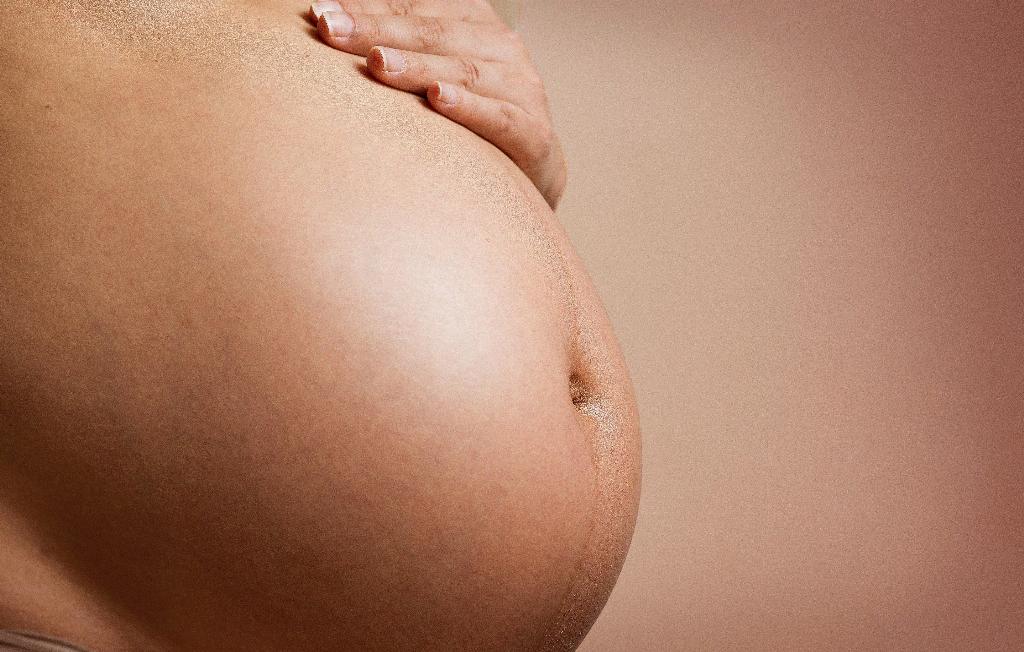When discussing the topic of sexual activity during pregnancy, it is crucial to consider the various factors that can influence a couple’s intimacy during this significant time. Research suggests that changes in sexual function are common during pregnancy, with a notable decline in sexual activity observed, particularly in the later stages of pregnancy.
The Impact of Pregnancy on Couples’ Sex Lives
Studies have indicated that the frequency of sexual intercourse between couples tends to decrease as the pregnancy progresses, with a notable decrease in the third trimester for both partners. This decline may be attributed to physical discomfort, hormonal changes, and emotional factors that can affect a couple’s desire for intimacy.
Physical and Emotional Factors
During pregnancy, a woman’s body undergoes significant changes that can impact her comfort and desire for sexual activity. Hormonal fluctuations, weight gain, and physical discomfort can contribute to a decrease in sexual desire. Additionally, emotional factors such as anxiety, stress, and concerns about the pregnancy and childbirth can also play a role in reducing a couple’s sexual activity.
Communication and Support
Effective communication between partners is essential during pregnancy, especially when it comes to discussing changes in sexual activity. Couples are encouraged to openly communicate their needs, fears, and desires with each other to ensure mutual understanding and support. Providing emotional support and reassurance can help alleviate concerns and strengthen the bond between partners.
Seeking Professional Guidance
If a couple experiences challenges with their sexual relationship during pregnancy, seeking guidance from a healthcare provider or a therapist can be beneficial. Professionals can offer guidance, support, and strategies to help couples navigate changes in their intimacy and maintain a healthy relationship during this transformative period.
Exploring Alternative Intimacy
While traditional sexual intercourse may be less frequent during pregnancy, couples can explore alternative forms of intimacy to maintain a connection and bond with each other. Non-sexual forms of intimacy such as cuddling, touching, and verbal expressions of love and affection can help foster closeness and emotional connection between partners.
Prioritizing Self-Care
During pregnancy, it is important for both partners to prioritize self-care and well-being. Engaging in activities that promote relaxation, stress reduction, and physical comfort can help enhance overall well-being and may positively impact a couple’s intimacy. Taking care of oneself can contribute to a healthier and more fulfilling relationship.
Creating a Supportive Environment
Creating a supportive and understanding environment within the relationship is essential for navigating changes in sexual activity during pregnancy. Partners should strive to be empathetic, patient, and accepting of each other’s needs and feelings. By fostering a safe and supportive space, couples can address challenges together and strengthen their connection.
Embracing Changes Together
It is important for couples to acknowledge and embrace the changes that occur during pregnancy, including shifts in sexual activity. By facing these changes together as a team, couples can adapt, communicate effectively, and find ways to maintain intimacy and connection throughout the pregnancy journey.
Consultation with Healthcare Providers
For couples facing significant challenges or concerns related to sexual activity during pregnancy, consulting with healthcare providers such as obstetricians, midwives, or therapists can provide valuable insights and support. Healthcare professionals can offer guidance, address concerns, and recommend strategies to help couples navigate intimacy issues during this period.
Support Networks and Resources
Joining support networks or seeking out resources dedicated to pregnancy and intimacy can also be beneficial for couples seeking additional support. Online forums, counseling services, and educational materials can offer valuable information, advice, and shared experiences to help couples navigate challenges and maintain a healthy relationship during pregnancy.
Conclusion
In conclusion, the dynamic nature of sexual activity during pregnancy is influenced by a variety of factors, including physical, emotional, and relational aspects. While couples may experience a decrease in sexual activity during pregnancy, maintaining open communication, seeking professional guidance, exploring alternative forms of intimacy, and prioritizing self-care can help couples navigate changes in their sexual relationship with understanding, patience, and support.

